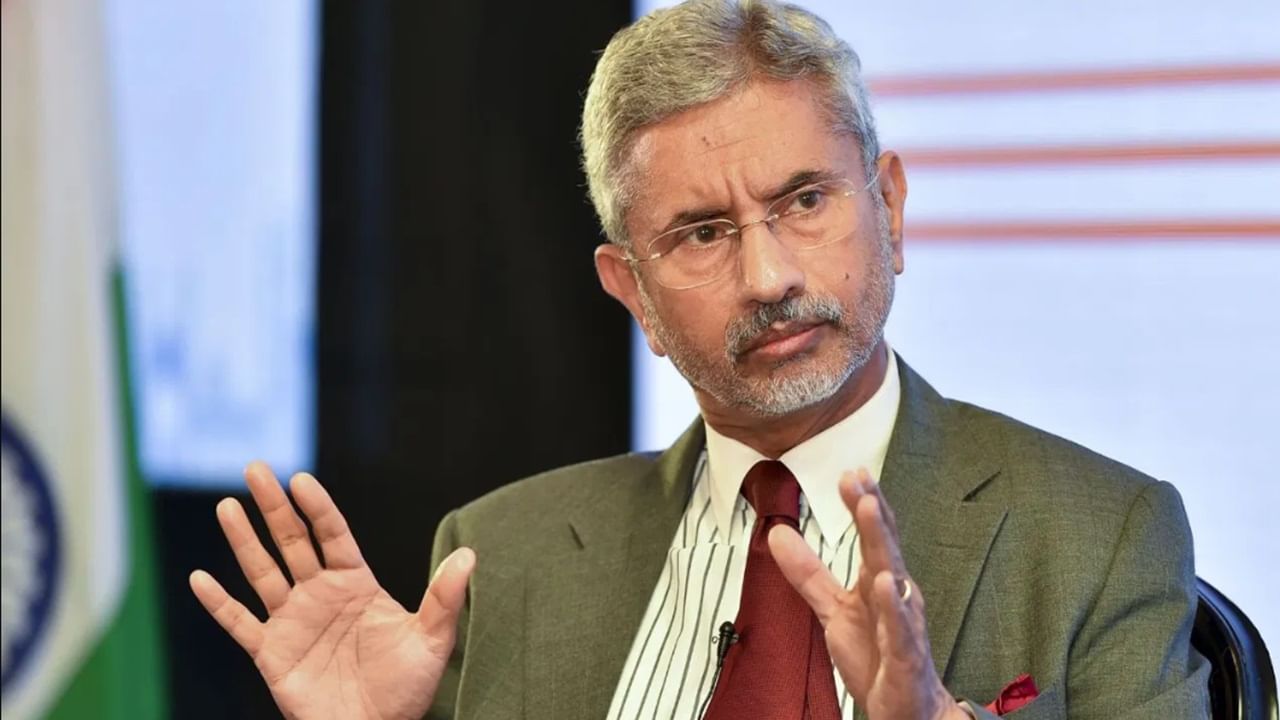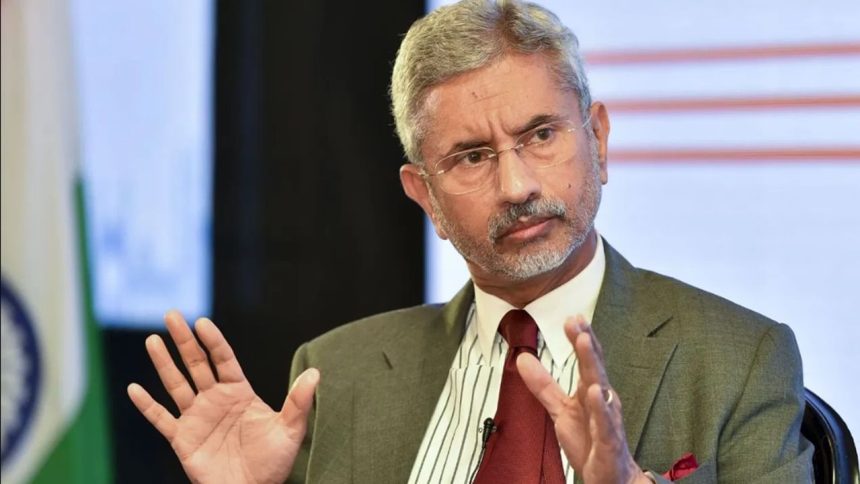
New Delhi: Operation Sindoor is ongoing because India will strike back against any future terror attacks like the one in Pahalgam in April by targeting terrorists operating from Pakistan, External Affairs Minister S Jaishankar asserted, underscoring India’s renewed strategy to tackle cross-border terrorism.
No role of US in India-Pakistan ceasefire
During an interview with Dutch public broadcaster NOS, Jaishankar said the May 10 understanding on stopping military actions was reached between India and Pakistan bilaterally after Indian strikes “compelled the Pakistani military to accept that we need to stop firing at each other”.
“We have a mechanism to talk to each other as a hotline. So, on the 10th of May, it was the Pakistani army which sent a message that they were ready to stop firing, and we responded accordingly,” the EAM said.
Jaishankar dismissed any involvement by the United States in the ceasefire understanding or in any potential dialogue with Pakistan.
“When two countries are engaged in a conflict, it is natural that countries in the world call up and…try to sort of indicate their concern…but the cessation of firing and military action was something which was negotiated directly between India and Pakistan,” he pointed out.
On May 7, India launched Operation Sindoor to retaliate against the Pahalgam terror attack of April 22 that killed 26 civilians. Operation Sindoor targeted terror infrastructure at nine sites in Pakistan and Pakistan-occupied Kashmir. This sparked four days of intense clashes, before the attacks were halted.
‘There’s a clear message in Operation Sindoor…’
About Operation Sindoor, the EAM pointed out: “The operation continues because there is a clear message in that operation – that if there are acts of the kind we saw on April 22, there will be a response, that we will hit the terrorists.”
He underlined: “If the terrorists are in Pakistan, we will hit them where they are. So, there is a message in continuing the operation but continuing the operation is not the same as firing on each other. Right now, there is an agreed cessation of fighting and military action.”
Jaishankar said it was “impossible” for the Indian government to not retaliate to the Pahalgam attack, carried out by The Resistance Front, a proxy for Pakistan-based Lashkar-e-Taiba (LeT). “It was imperative that we have a response because the lack of response…was impossible in such a situation…Our government is very clear that if there is such an attack, there will be a response,” he asserted.
Munir’s ‘extreme religious outlook’ linked to Pahalgam attack
Jaishankar also said Pakistan Army chief Asim Munir’s “extreme religious outlook” influenced the terrorists who attacked innocent civilians in Pahalgam. The attack was carried out with an aim to harm tourism, and to “create a religious discord”, Jaishankar said.
“Deliberately, an element of religion was introduced and to understand that you’ve got to see that on the Pakistani side, you have a Pakistani leadership, especially the army chief, who’s very driven by an extreme religious outlook. There is clearly some connect between the views that were expressed and the behaviour that was done,” Jaishankar said, while referring to Pakistan Army chief Asim Munir’s remarks about the two-nation theory few days before the Pahalgam attack.
Munir raised the two-nation theory – the ideological basis for Pakistan’s creation – and appealed to Pakistani citizens to teach their children that they are “different from Hindus”. He also called the Kashmir issue Pakistan’s “jugular vein”.










